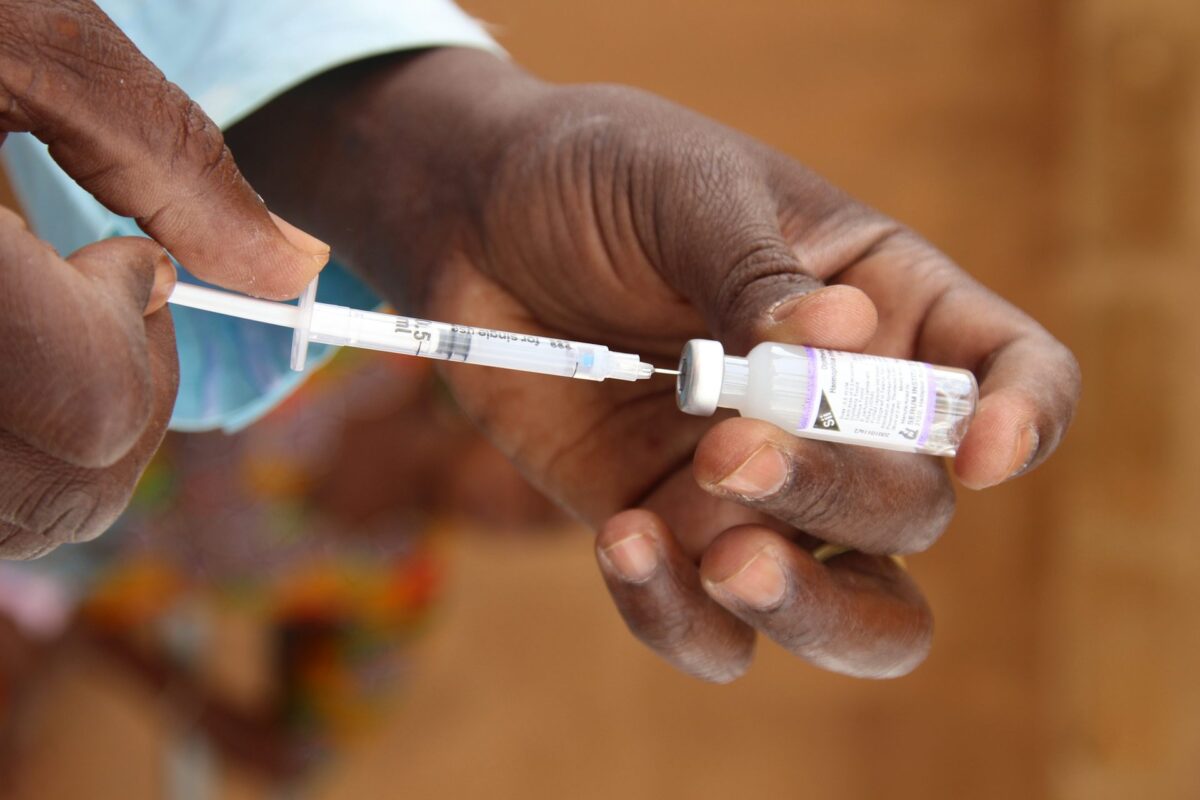Hep Can’t Wait is the international campaign launched by the World Hepatitis Alliance in 2021. Its aim is to highlight the social injustice and inequity caused by the current lack of action on hepatitis elimination, and focus on the positive action needed to meet the world’s 2030 hepatitis elimination goals.
A ‘Hep Can’t Wait’ Asia Workshop took place in July this year, hosted in Hong Kong. Participants came from from 15 countries in the Asia-Pacific region, representing 32 organisations as well as community group members, people living with hepatitis, and other interested parties.
The workshop gave participants the opportunity to share good practice and discuss topics such as improving access to vaccination, testing, care, and treatment as well as the integration of hepatitis B with liver cancer and HIV-related services.
One of the key things that emerged time and again during the workshop was the pivotal role that communities play in the hepatitis response and the need for collective action to drive change. The elimination and treatment movements would be nothing without peer groups pushing them.
The consensus statement that follows was developed by workshop participants to provide a clear way forward for hepatitis C elimination in the Asia-Pacific region.
Consensus Statement
The Asia Pacific region is disproportionately impacted by viral hepatitis, accounting for approximately 70 per cent of all viral hepatitis-related deaths globally. These deaths are driven in large part by hepatitis B, with approximately 150 million people in the region living with this life-threatening disease. Without care and treatment, hepatitis B is a leading cause of liver cancer and cirrhosis. However, no one should die from or be impacted by hepatitis B, it is entirely preventable.
The Asia-Pacific accounts for 70 per cent of hepatitis-related deaths world-wide.
With a significant expansion of affordable and accessible vaccination, testing, care and treatment, we can reach the World Health Organization goal to eliminate hepatitis B by 2030 in the region.
People with lived experience and community groups are integral to driving the response by bravely sharing their stories, delivering innovative programming, challenging stigma and discrimination, advocating for policies to improve access, and supporting those living with hepatitis B. The ongoing involvement and leadership of people with lived experience and community groups is critical to achieving the elimination goals.
…countries must adopt a resourced public health response centred on human rights and the lived experience of people with hepatitis B
To drive transformative change within the region, countries must adopt a resourced public health response centred on human rights and the lived experience of people with hepatitis B. Within this response, we call for the following:
- Testing strategies must be co-designed and delivered by public, private and community-based services that utilise innovative point-of-care screening and diagnostic tools which are well-integrated with existing one-stop testing services.
- Person-centred testing, care and treatment must be decentralised, integrated and coordinated across all levels of the health system and within communities to better facilitate knowledge transfer and improve coverage, equity and accessibility.
- Universal Health Coverage must include hepatitis B to improve access to prevention, testing, care and treatment. There should be coordinated efforts between payors and stakeholders across the care cascade to remove financial barriers to access guideline-based care.
- There must be sufficient resources and capacity to support linkage and retention to care. The risk of self-discontinuation in care is very high due to various factors, such as internalised stigma and socioeconomic factors amongst others, contributing to many people diagnosed with hepatitis B not in care.
- To reduce stigma, governments must increase health literacy around hepatitis B in the general population, recognising the importance of empowering young people to drive awareness and education within families and communities.
- Governments, health care systems and private sector organisations must adopt and enforce laws, policies and practices to protect the equal right of people living with hepatitis B to enable them to live their lives free of discrimination or disadvantage.
- Hepatitis Can’t Wait.
Last updated 2 March 2024
More from:
Enjoyed this article? Subscribe to be notified whenever we publish new stories.
Subscribe for Updates









